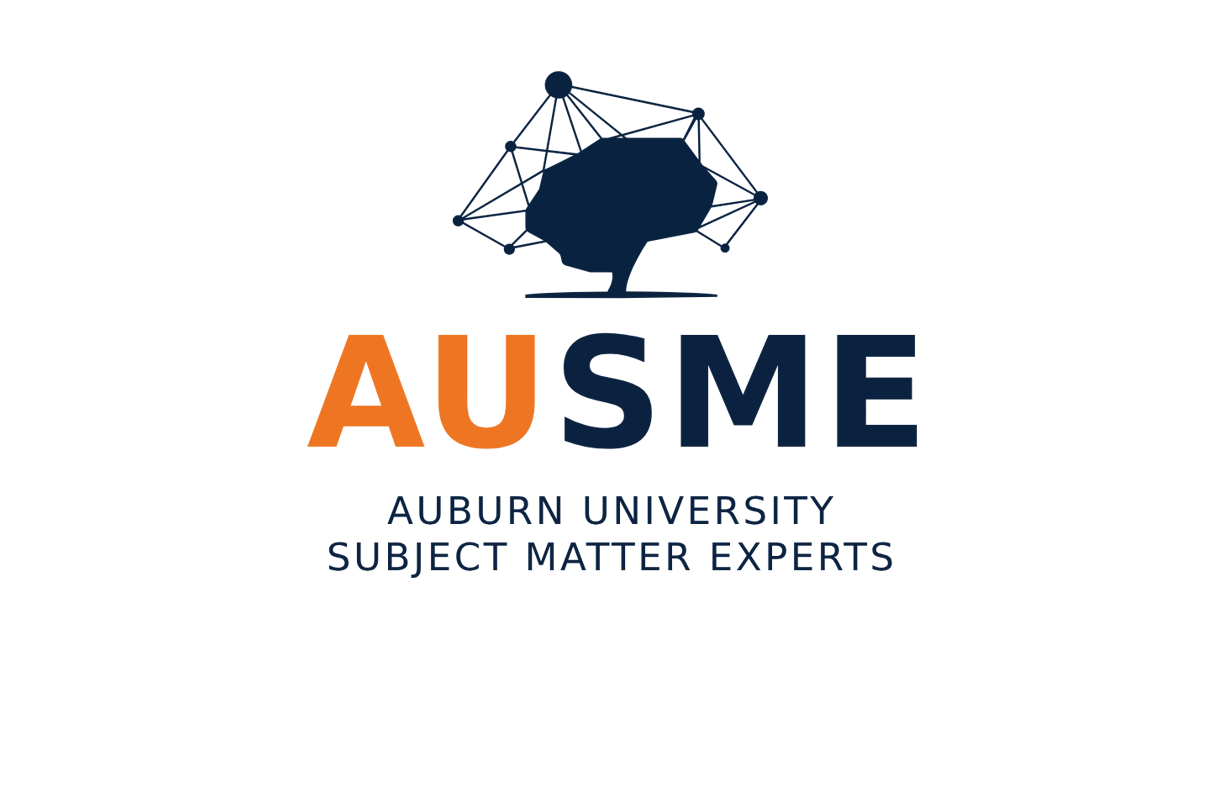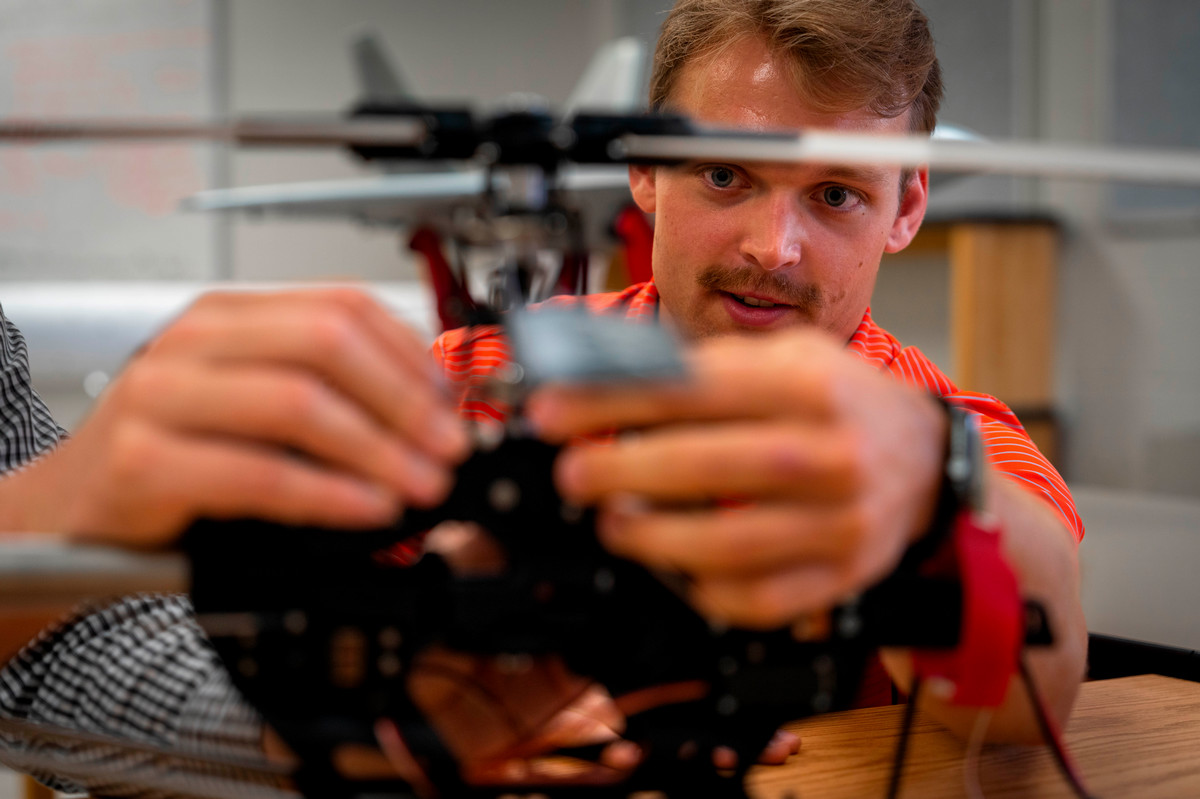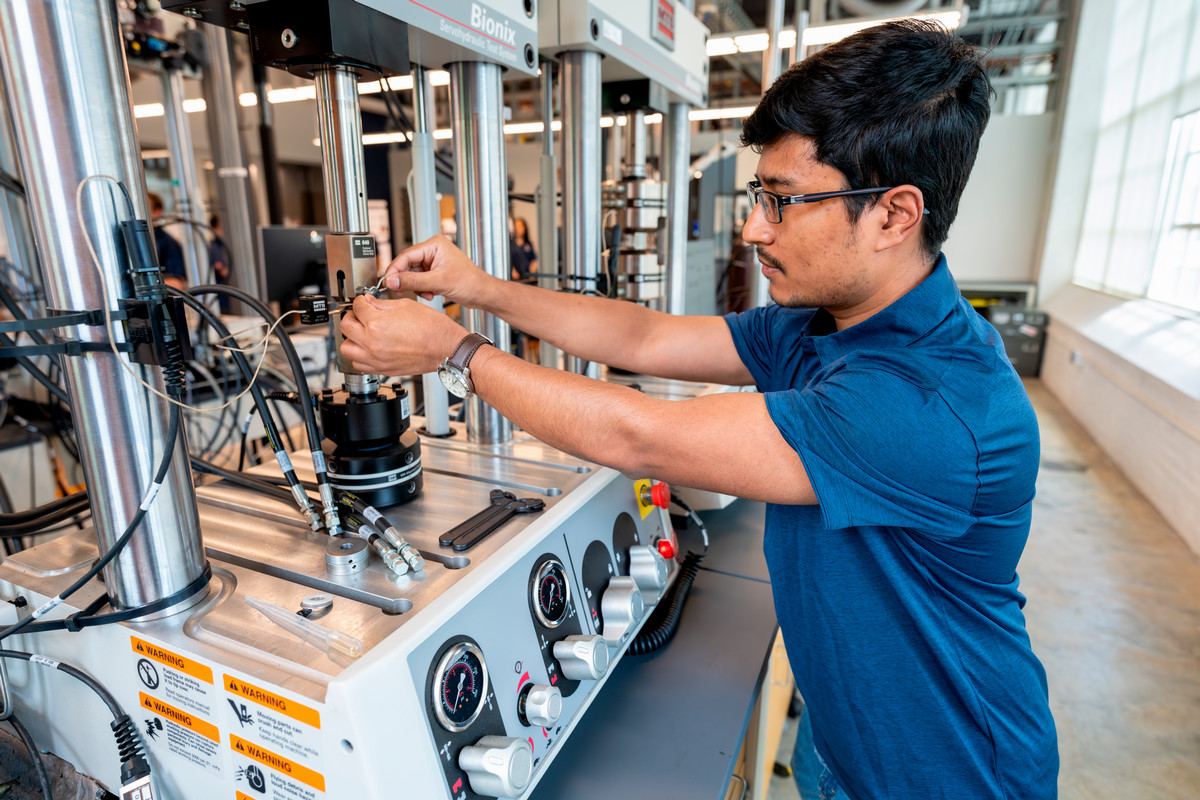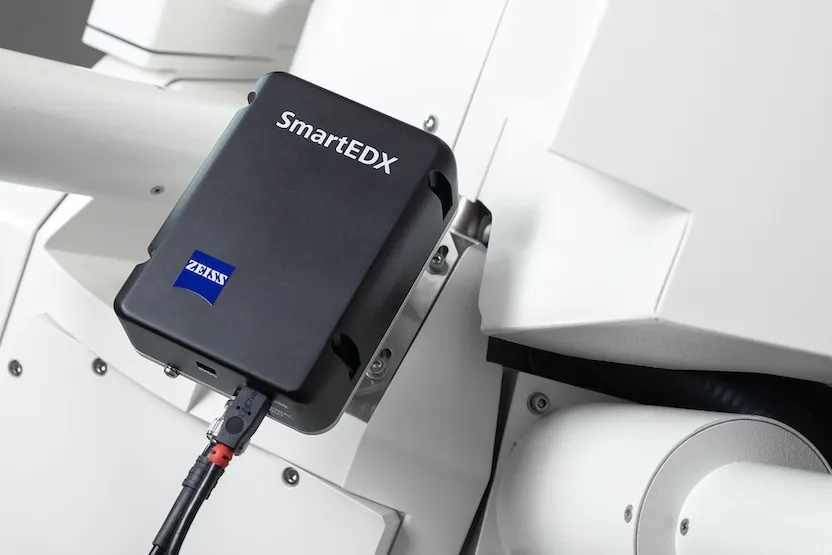The Samuel Ginn College of Engineering is among the nation's top academic institutions for research expenditures. We welcome the opportunity to collaborate with government agencies, businesses and foundations to identify research needs, expand established technologies and develop new ones, and transfer knowledge and technology to industry.
Our researchers are experts in their fields and have been honored at the international, national, regional and state levels for their academic and professional contributions. Our list of early and emerging investigator awardees continues to grow as our faculty's breadth and depth of knowledge expands. With safety at the forefront, our faculty, staff, students and external partners are committed to the discovery of new engineering technologies, concepts and processes and the hardware necessary to realize them.







